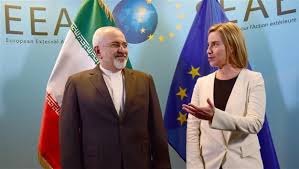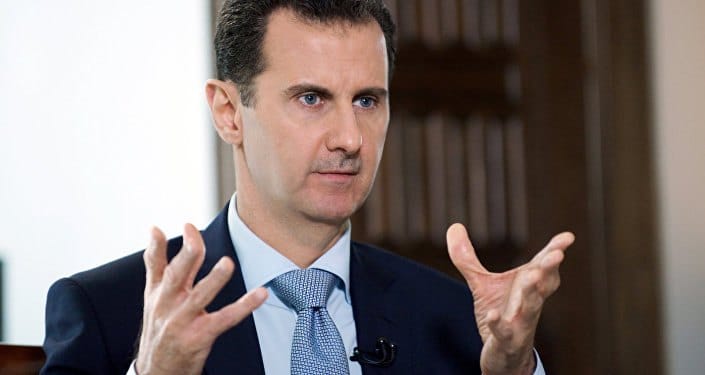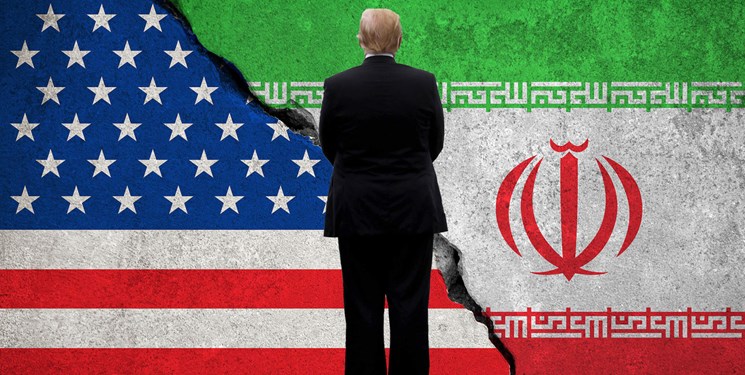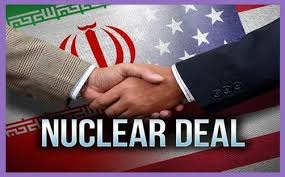Saudi Arabia: Political Changes and Future Perspective
Mohammad Reza Haghshenas
Saudi Arabia is one of the key role players as well as a regional rival to Iran. Therefore, its domestic developments, including death of King Abdullah, taking office by King Salman and the process of power transition within the political system of the country that will impact Saudi’s future foreign policy are of utmost significance for Iran.
Granting rights to vote in city councils, participation in Olympic Games, driving, ang modest social activities to women, and showing flexibility towards Shiites as well as granting them certain political freedoms are among socio-political reforms led by King Abdullah. He was one of the officials who attempted to improve and boost ties with regional countries. As a result, the relationship between Saudi Arabia and Iran was strengthened during 5th–۸th Administrations in Iran.
With the wave of Arab uprisings and its impact on political and sectarian balance, fall of Saudi allies and its weak position, internal legitimacy issues, Iran’s nuclear talks with 5+1 and the Middle East peace process, the Saudis adopted an intrusive and offensive approach against countries like Bahrain, Yemen, Syria and Iraq and by these attempts they tried to contain threats to expand their regional position and influence.
A number of new political changes and Saudi assessments especially those of King Abdullah led them to have a closer look at Israel. Above all, the two countries assume Iran’s regional influence against their own interests. Creating obstacles in way of Iranian nuclear activities and the related talks, objecting to Geneva Interim Agreement, weakening resistance in the region are among these two countries’ common interests that bring them much closer to each other.
The US–Saudi ties are indeed intertwined with defense, security and regional cooperation, although there have been tensions and disputes between them on some issues at different stages. Saudi Arabia is scared of a possible agreement between Iran and the USA and is concerned with the implications of this agreement and its impacts leading to an increase in the Iranian influence in Iraq, Syria and Yemen.
John McCain’s visit to Saudi Arabia, accompanied by seven republican members of the Congress is an indication of rise of the republicans in the USA and possible strengthening of the links with the House of Saud after King Salman took power in Saudi Arabia. They are of the view that by improving ties they could intensify functions of the circle of armament industry and this would be a base for regulating their relationship in future.
The internal pressures in Saudi Arabia like security issues and the regional threats including the ISIS, are causing strategic necessities which could likely lead the Saudi new King to a limited cooperation and tactical reconciliation with some countries in the region like Iran so it can get rid of the security problems.
President Assad’s survival, taking power by the Shiites in Iraq and Yemen, Geneva Interim Agreement and possible comprehensive agreement between Iran and 5+1 have all weakened the Saudi place as an influential country in the region in the eyes of the West and the USA, and so the Saudis are feeling the “threat and weakness”.
Given the rule of principle of consensus in the OPEC, neither Iran nor Saudi Arabia could obtain consensus for their proposals, because there is at least one member state against. However, Saudi Arabia as the main oil producer and exporter in the world is using this strategic commodity as a leverage to contain, confront and reduce Iran’s regional influence and position.
The recent changes in the ruling circle of the House of Saud are not on the way to normalize and improve ties with Iran. King Salman himself does not have such an inclination and supports much pressure on Iran.
The most possible scenario and option in the future relationships between the two, is an enduring and tense rivalry in expanding spheres of influence and implications of a zero-sum game over regional issues, so that disputes would keep on and so is the case for the Shiite- Sunni competition in the region.





